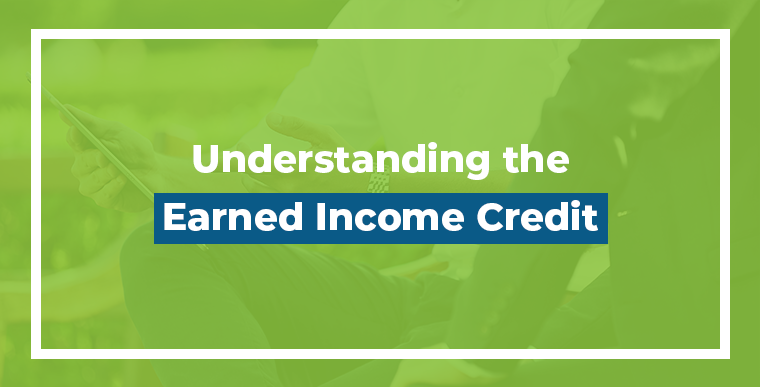
Nothing bothers the IRS more than paying someone a refund they didn’t deserve especially when they never paid taxes into the system in the first place. This is why the Earned Income Tax Credit (I will refer to this as EITC for the rest of this article) is one of the most highly audited tax returns.
It is very easy to get unnerved by the prospect of opening yourself up to an IRS tax audit. However, I firmly believe that if you have a right to claim a credit or apply a deduction, you should not avoid doing so just to avoid the prospect of a tax audit. That being said, you should be aware of what is and is not allowed so you do not open yourself up to pain in the future (by owing back taxes, penalties and interest).
To understand this credit requires a fundamental understanding of the difference between a refundable and non-refundable credit.
Most tax credits are non-refundable, which means that the credit can only reduce your tax liability to $0 and not beyond that. If it reduces your tax liability to $0 and you paid taxes during the year, you will receive a refund of the taxes you paid in.
A refundable credit is a tax credit that will be applied even if your tax liability has reached $0. To illustrate this, a single parent of 3 children ages 5, 7 and 10 that earned $20,000, would have no income tax liability because the standard deduction for a head of household filer is $20,800 reducing their taxable income to $0. They would be refunded any income tax withheld from payroll. In addition to that, they would also receive $7,430 for the maximum refundable EITC AND they would also receive $4,800 for the refundable portion of the child tax credit ($1,600) for each of their 3 children.
This taxpayer would have paid $0 in income taxes but yet received $12,230 in tax credit refunds due to refundable tax credits.
Now we can debate the merit of these credits another day but the reason these credits are designed this way is to encourage workforce participation and to provide some assistance to hopefully keep children fed with a roof over their heads.
The EITC being a refundable credit makes it target for bad actors to make unscrupulous decisions. The EITC is unique in that it increases as you earn more money and then it peaks and phases out the more money you earn above the maximum credit amount. So, the taxpayer in the example above would receive $2,261 on $5,000 of income, $7,430 on income ranging from $16,500 – 21,600 and only $3,541 on income of $40,000. This design creates a unique incentive to encourage a taxpayer within the EITC range to try to reduce their income to achieve the maximum tax credit benefit. It also creates a situation encouraging someone with no income to report fictitious income to unlock this refundable credit.
The best way to control income that is unreported is to report business income. Any taxpayer can file a Schedule C and either report income that did not happen or reduce contractor (1099) income by reporting expenses and essentially controlling the “net income” or profit.
Imagine in our scenario if the single mom of three had no job. She could report business income of $20,000 that never happened. This would create a Self-Employment Tax liability of $2,831 and an EITC credit of $7,430 for a net gain of $4,599.
Believe it or not, there are unscrupulous tax prep businesses catering to people in this situation who do not know any better and fall victim to making false EITC claims on their tax return. Paying a high preparation fee and receiving money from the IRS as a result.
This is why a tax return with a Schedule C business and EITC combination is the highest target for tax return audits by the IRS.
It is very possible that someone legitimately operating a business in their first years of operation or even further along (can have a difficult year) can fall into the EITC bracket. Someone like this should absolutely claim the credit that was designed to help them. However, more than any other business owner, they need to make sure their records are meticulous as the chances of an audit are very high.
If you want a reputable tax preparer that has your back, please contact my office and we can discuss how we provide personalized and reputable assistance with your unique tax situation.


